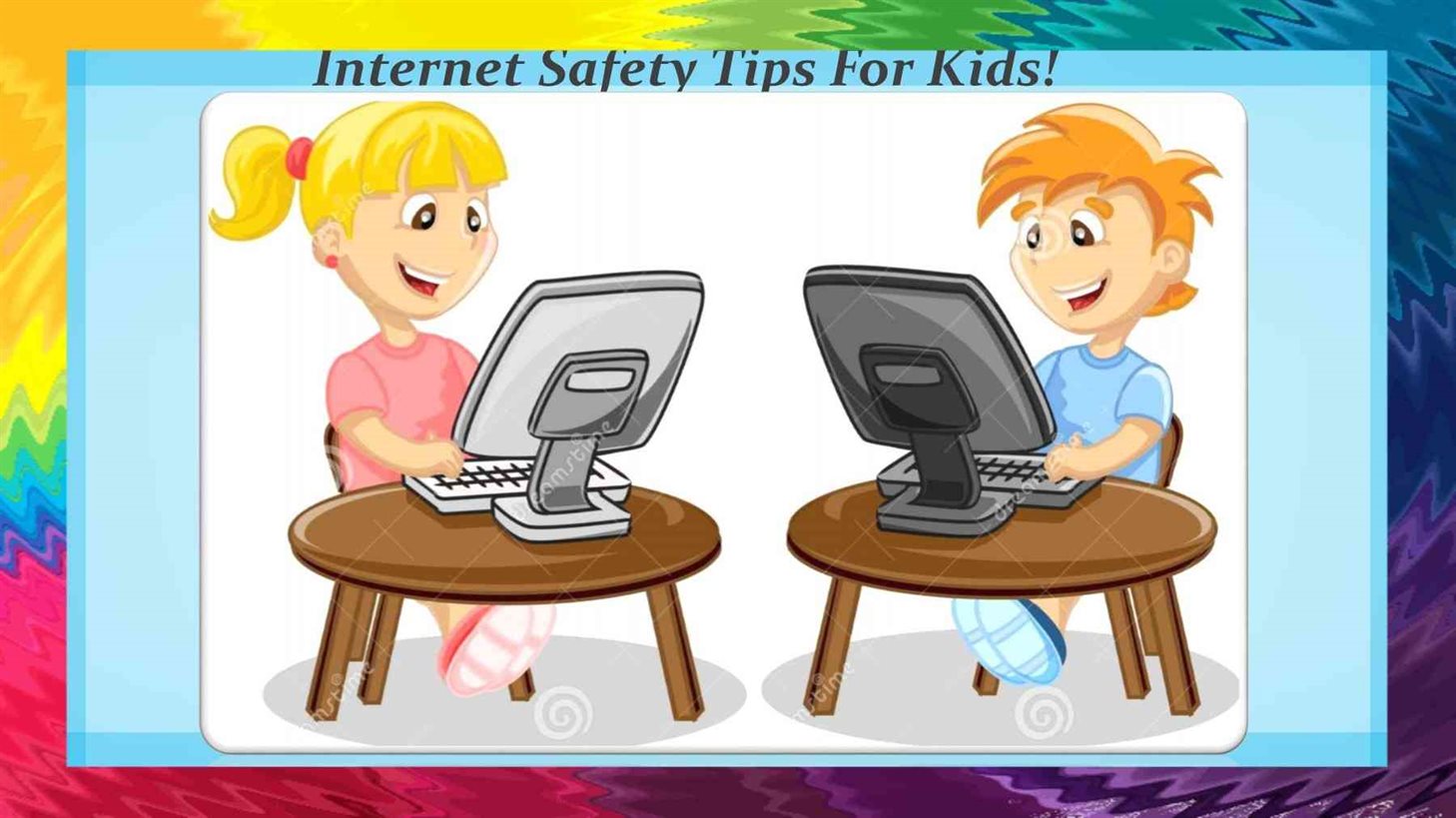8 Internet Safety Tips for Kids on How to Safe Online
9th September 2021, Kathmandu
What is online safety?
Simply, online safety is the act of staying safe online. Which is commonly referred to as internet safety, e-safety, and cyber safety.
Online safety is about being aware of the nature of the threats that you may encounter in the future. This is caused by engaging inactivity using the internet. You can increase online security with online reputation management, protecting and managing your personal data, and avoiding harmful websites or illegal content. Internet is the biggest resource for children and teens. But it is necessary that they know the danger of the web.
There are two of many critical things to take care of on the web are chat rooms and keeping your privacy safe.
Internet Safety Laws
There is a federal law, the Children’s Online Privacy Protection Act (COPPA) helps protect kids who are younger than 13 when they are online. This law is designed to keep anyone away from getting a child’s personal information without the knowledge of parents as well as agreeing to it first.
This law also prohibits sites from requiring a child to provide more personal information than what is necessary. In order to play games or to enter the contest.
Tips to remember when you are using the internet
In the digital age of today, it’s crucial to make sure that kids are safe online. The Internet can be a great source to find information, but also need to be aware of any potential danger. When you are browsing the internet, make sure your parents know about your browsing history.
Here are some safety tips you can use when you are on the internet.
1. Always remember not to create an account for a site if you are under the age of 13
COPPA prohibits the collection of data from those under thirteen kids. Also, lying about your age leads to the account being terminated, blocked, locked, or removed.
The only site that allows kids’ personal information to be collected is by using prefilled messages. This includes Poptropica.
2. Do not respond to messages from strangers
Importantly, talking to strangers can be risky, whether in person or online. They could be dangerous or maybe faking their identity.
Even when you talk to strangers online be extremely careful. If you think that person is trustworthy, still take things slow. Do not reveal your address, age, school, grade level, profession, and more related to your personal identification.
You need to be doubtful whenever it is necessary and be vigilant for any suspicious signs. For instance, if someone you don’t know is asking for money or sex from you.
3. Do not join private forums and chat rooms
If you enter a forum you’ll be providing your email address, which can later be used to track down your address and personal information. Always remember there are different kinds of the person on the internet who join the forum to chat with kids and get their personal information.
Always use the email address that does not provide your original personal information while joining these forums.
Also, you need to be careful when you talk to someone on the internet. You will never know about their intentions, so never let your guard down.
4. Avoid going on a dating site
Mostly, teens are interested in dating but always start with someone they know. Dating sites can be dangerous because you don’t know who is the person you are talking to. Sometimes adults disguise themselves as teens to take advantage of kids they meet on dating sites.
5. Ignore random friend requests
Most teens have a social media account these days. Well, if you have any social media accounts like Facebook or Twitter, never accept the friend request of a person you don’t know. This person can be using a fake profile to hide their true identity. They often send friend requests to lure kids into talking to them.
Always keep your friend list free of strangers and full of your friends and families.
6. Keep your social media accounts to private
You need to make sure that all of your social media accounts are set to private. This means only your friends from the list can view your posts, photos, and your information. However, if you leave your account open to the public, everyone can view your personal information. Consequently, predators can use this information to trap you.
7. Always report if anyone makes you uncomfortable
Always inform your parents and any other adult from your family if someone is making you uncomfortable. This can be online in real-time life.
For instance, if anyone is troubling you to get your personal photos, then tell your parents right away. Most importantly, do not send them the pictures.
8. Do report cyberbullies
Report if you are being bullied online, or if the bully tries to contact you through other accounts. Inform your parents immediately and ignore the cyberbully in any way possible. If the bully is out of hand, it’s better to report to your school or the police.
Also, always use the report button. Many social media sites have the “Report” button that you can click if someone seems inappropriate.
Conclusion
So these are the preventive measure you can take against being bullied or harasses online. Hope this article is helpful to get you insights about cyberbullying and staying safe online.
Let us know if you have any of these experiences in the comment section below.
Also, don’t forget to follow us on Facebook and Twitter for more information.







